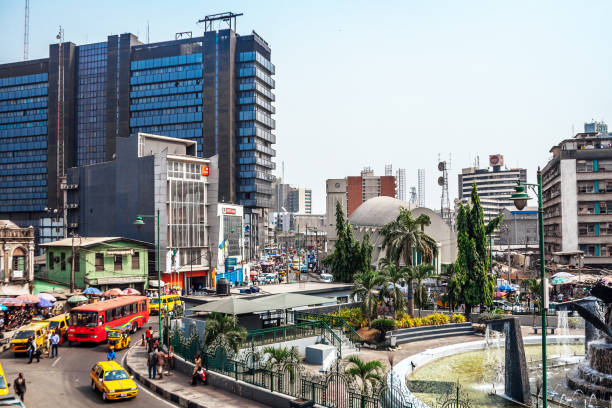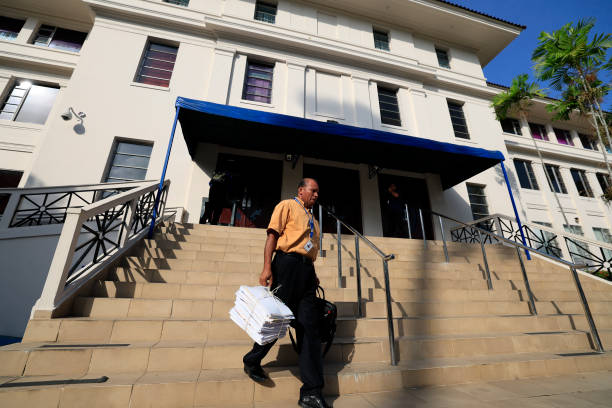In the heart of Nigeria’s biggest cities—Lagos, Abuja, and Port Harcourt—lies another world. A world hidden behind high-rise buildings and busy streets. Here, children wake up to the sound of clanging iron, noisy generators, and street hawkers. These are the “trenches”—Nigeria’s urban slums. And the children who live here are growing up with nothing but their will to survive, learn, and dream.
Growing Up in the Trenches
Ten-year-old Musa lives in a one-room shack with his mother and three siblings in Ajegunle, a dense slum in Lagos. His day starts at 5 a.m., fetching water from a broken tap several streets away. By 7 a.m., he’s helping his mother sell akara (bean cakes) by the roadside before rushing off to a nearby public school—if there’s no strike, no flooding, or no illness in the family.
“We share one mattress,” Musa says quietly. “When it rains, water comes inside. But my mummy says I must go to school and learn.”
Like Musa, thousands of children across Nigeria’s slums fight daily battles against poverty, hunger, and hopelessness. The lack of clean water, proper toilets, and electricity makes even the simplest things—like studying or sleeping—feel like a struggle.
Education: A Fragile Lifeline
For these children, education is not just a right; it is a lifeline. Yet, that lifeline is often thin.
Many public schools in slum areas are overcrowded, underfunded, and poorly equipped. Some children sit on broken benches or learn without textbooks. And for those who manage to attend school regularly, the challenges don’t stop at the gate.
“I want to be a nurse,” says Chiamaka, 12, from Makoko, a waterfront slum in Lagos. “But sometimes I don’t go to school because I help my mum sell fish. If we don’t sell, we don’t eat.”
Teachers in these areas say they try their best, but without enough support from the government, the system fails too many children.
Still, hope flickers.
Non-profit groups and volunteers are stepping in—offering free lessons, scholarships, and even school meals. These small acts, though not enough for all, are changing lives one child at a time.
Surviving Against the Odds
Children in the trenches are masters of survival. Many start working early—selling sachet water, helping in mechanic shops, or collecting plastic waste to earn a few naira.
It’s dangerous work. Accidents, street gangs, and exploitation are constant threats. Yet, many children do it to support their families or buy food.
“I shine shoes,” says Peter, 13, from Kano. “I use the money to buy books. One day, I’ll be a lawyer.”
His eyes light up when he says it—not with fantasy, but with determination.
Holding on to Dreams
Despite the hardship, these children still dream. Big dreams. Dreams that stretch beyond the crumbling walls and dirty gutters that surround them.
They want to become doctors, footballers, teachers, musicians. Some dream of building houses for their parents or starting businesses. Many just want a better life—one with safety, dignity, and peace.
Their dreams are not naive. They are brave.
Because to dream in the trenches is to fight the noise, the hunger, the pain—and still believe in a future.
What Needs to Change
Experts and advocates say the government must do more: invest in education, improve healthcare, provide clean water and housing. But change won’t happen overnight.
Communities, too, are stepping up—parents, teachers, and volunteers working together to keep hope alive.
As Nigeria’s cities continue to grow, the trenches cannot be ignored. The children living in them are not invisible. They are smart, strong, and full of promise.
If given a chance, they will rise—just like flowers breaking through concrete.
Because even in the darkest corners, children are still dreaming.





